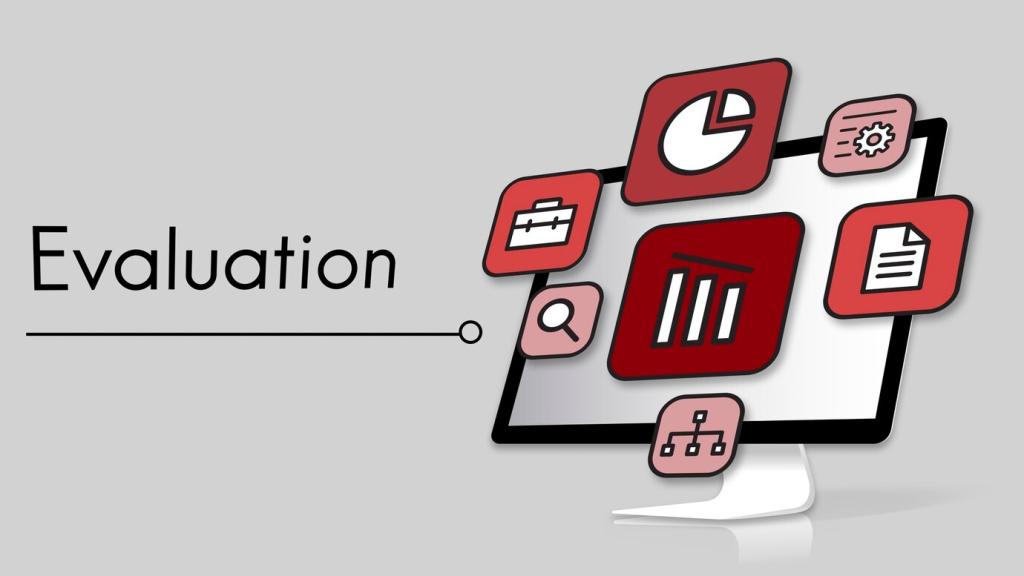Navigating the Future of Artificial Intelligence in IT
Chosen theme: Future of Artificial Intelligence in IT. Step into a practical, optimistic look at how AI will reshape operations, security, development, and governance across modern tech stacks. Read, reflect, and share your voice to shape what comes next together.




AI and Cybersecurity: Adaptive Defense
Signature-based rules struggle with fast-changing attack patterns. Future tools learn baselines across identities, endpoints, and APIs, flagging micro-deviations before damage spreads. Think of it as an early whisper of trouble, not a blaring siren after the fact.
AI and Cybersecurity: Adaptive Defense
Automated playbooks are powerful, but judgment calls remain human. Analysts will approve AI-suggested containment steps with context-rich explanations, preserving accountability while accelerating action. Trust builds when the system shows its work clearly and predictably.


Developers + AI: The New Workflow

Future dev environments will blend code suggestions with architectural awareness, surfacing trade-offs as you type. Imagine a partner that recalls domain constraints, suggests safer defaults, and cites docs, all while keeping your coding style intact.



Ethics, Governance, and Compliance by Design
Responsible Rollouts in Phases
Start small, measure impact, and expand thoughtfully. Pilot with non-critical workflows, gather human feedback, and define stop conditions. This phased approach helps uncover unintended consequences early while building stakeholder trust step by measured step.
Explainability That Practitioners Use
Explanations must be actionable, not abstract. Future tools highlight influential features, data segments, and confidence ranges, linking directly to remediation steps. This transforms explainability into a practical control, not just a compliance checkbox.
Policy Watchlist and Reader Voices
Which regulations or standards are shaping your roadmap most? Share your region and sector. We will publish a community-sourced watchlist with summaries, migration tips, and example controls mapped to real-world IT workflows.
Where AI Runs: Edge, Cloud, and Hybrid
01
Latency and Local Intelligence
Edge inference shines for real-time needs: branch offices, factories, and retail. Expect compact models, smart caching, and graceful degradation when networks wobble—keeping experiences responsive even when the cloud takes a coffee break.
02
Cost-to-Performance Tradeoffs
Not every workload needs the biggest model or fastest GPU. Future platforms will profile tasks and route them to the most efficient tier automatically, blending CPUs, accelerators, and distillations to keep budgets predictable and outcomes strong.
03
Tell Us Your Topology
Are you moving inference to the edge, centralizing in the cloud, or mixing both? Share your architecture and why. We’ll feature case studies and diagrams that help peers compare decisions against similar constraints and goals.
Think beyond task scripts. Autonomy means goal-driven systems that evaluate options, simulate outcomes, and choose safe actions under policy. Humans define objectives and constraints; machines handle the busywork, reporting back with transparent reasoning.

